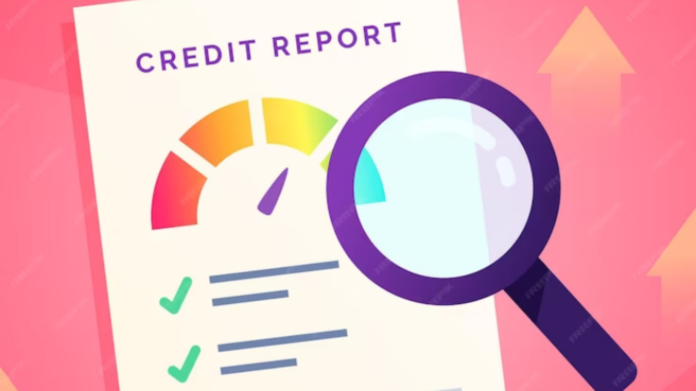Lenders’ assessment of creditworthiness is undergoing major changes thanks to artificial intelligence (AI) and machine learning. As these innovative technologies continue to evolve, they promise to greatly impact credit scoring and make accessing loans quicker and fairer.
The Traditional Method of Credit Scoring
The traditional FICO score has long been the standard for determining someone’s credit risk. This three-digit number between 300 and 850 is calculated based on information in a person’s credit report regarding:
- Payment history
- Length of credit history
- Amounts owed
- New credit accounts
- Credit mix
While FICO scores are still predominantly used, they have limitations. Most notably, these scores leave many without enough credit history out of the system.
Enter AI and Machine Learning
Advanced analytics and automation can process more data faster and more efficiently. As a result, financial institutions and credit bureaus have shifted to AI tools to analyze thousands of data points and create a fuller picture of an applicant’s creditworthiness.
Due to its faster processing time and improved accuracy, machine learning is considered effective. It enables algorithms to improve over time. As they process more applications, the programs learn to better predict consumer repayment behavior.
More Inclusive Credit Decisions
One major benefit of AI is the ability to incorporate alternative data not found in traditional credit reports. This includes information related to:
- Utility payments
- Payroll deposits
- Rent payments
- Insurance payments
- Retirement account balances
- Job history
Considering more data points allows those with limited credit histories to still receive fair lending opportunities. AI and machine learning provide a customized evaluation based on an individual’s full financial profile.
It’s always wise to read your credit report to know what influences your score. However, alternative data may paint a more accurate picture of creditworthiness than a FICO score alone.
Faster Application Processing
Automation also greatly speeds up application processing times. While a manual review may take weeks, an algorithm can scan thousands of data points in seconds.
Applicants can make near-instant decisions on financing, and algorithms consistently apply standards so there is less chance of individual bias or error.
Better Identification of Risk
The most advanced AI tools combine sophisticated algorithms with feedback loops that finnacireinforce learning. As these systems process more applications, they become better at identifying signs a borrower may have difficulty repaying debt.
A more accurate risk assessment means lenders feel more confident extending financing while reducing defaults. This leads to the healthy growth of credit access.
Ongoing Evolution
As with any new technology, AI credit scoring has room for improvement when it comes to accuracy and ethical application. As algorithms process more data, their ability to predict creditworthiness will likely keep improving.
Appropriate governance is also needed to ensure AI leads to fairer lending practices. But, self-learning programs do show incredible promise in expanding access to credit.
The Next Generation of Credit Scoring
Artificial intelligence is enabling a credit evaluation revolution. By considering more data and alternative credit histories, AI systems can increase access to financing for more people. And machine learning helps constantly enhance predictive abilities over time. While AI still needs oversight, it is undoubtedly poised to transform credit scoring.
Blog received on mail







